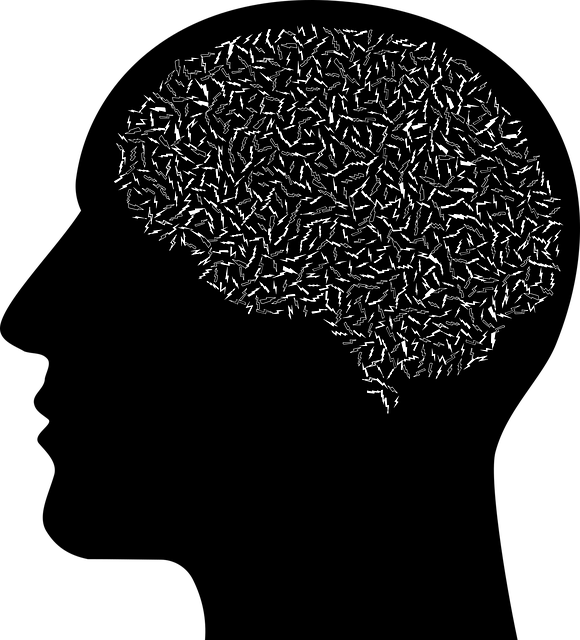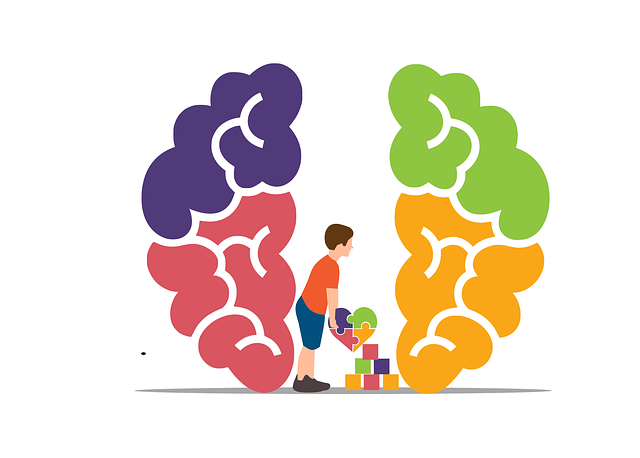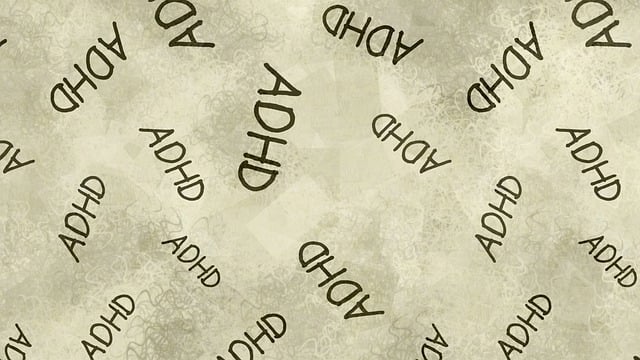Cultural sensitivity in modern mental healthcare, as highlighted by the Golden Cognitive Processing Therapy (GCPT), is vital for navigating diverse interpretations and expressions shaped by cultural contexts. GCPT adapts traditional cognitive processing techniques to create inclusive environments that encourage clients to explore inner strength and cultivate compassion tailored to their cultures. This approach helps individuals challenge stereotypes, navigate systemic barriers, and develop adaptive coping mechanisms for improved well-being, fostering resilience in a supportive therapeutic space. Culturally sensitive practices, including mindfulness meditation and trauma support services tailored to diverse cultures, are global trends essential for multicultural healthcare settings. Burnout prevention strategies must also consider cultural sensitivity to deliver consistent, compassionate care across different contexts.
Cultural sensitivity is a cornerstone of effective mental healthcare, ensuring equitable access to quality treatment for all. This article explores the vital concept of cultural sensitivity within the context of mental health practice, focusing on Golden Cognitive Processing Therapy (GCPT) as a culturally responsive approach. We delve into strategies for implementation and navigation, emphasizing the importance of understanding diverse cognitive processing styles across cultures. By embracing these principles, healthcare providers can create inclusive environments, fostering better outcomes for a diverse range of clients.
- Understanding Cultural Sensitivity in Mental Healthcare
- Golden Cognitive Processing Therapy: A Culturally Responsive Approach
- Implementing and Navigating Cultural Sensitivity in Practice
Understanding Cultural Sensitivity in Mental Healthcare

Cultural sensitivity is a cornerstone in modern mental healthcare practice, recognizing and appreciating the diverse ways individuals from various backgrounds interpret and express their experiences. It involves understanding that cultural contexts shape cognitive processes, significantly influencing how people perceive and interact with the world around them. For instance, Golden Cognitive Processing Therapy (GCPT) highlights the role of cultural lenses in interpreting events, which can impact an individual’s mental health journey. By adopting a culturally sensitive approach, therapists can create a safe space where clients feel understood, fostering open communication and enhancing therapeutic outcomes.
This concept is particularly relevant when considering global trends in healthcare, where multicultural populations are increasingly seeking mental health services. Incorporating mindfulness meditation techniques and trauma support services tailored to diverse cultural needs has become essential. Additionally, burnout prevention strategies for healthcare providers must account for cultural sensitivity to ensure professionals can offer consistent, compassionate care across different cultural settings.
Golden Cognitive Processing Therapy: A Culturally Responsive Approach

Golden Cognitive Processing Therapy (GCPT) is a therapeutic approach that prioritizes cultural sensitivity and offers a unique way to foster resilience building within diverse communities. By recognizing and valuing individual cultural backgrounds, GCPT adapts traditional cognitive processing techniques to create a more inclusive healing environment. This therapy encourages clients to explore their inner strength development while cultivating compassion cultivation practices tailored to their specific cultural contexts.
The approach focuses on understanding the impact of cultural experiences on mental health, ensuring that every client’s unique journey is respected and embraced. Through GCPT, therapists can help individuals challenge cultural stereotypes, navigate systemic barriers, and develop adaptive coping mechanisms that strengthen their overall well-being. By integrating these culturally responsive practices, resilience building becomes a shared goal, enabling clients to thrive in a supportive and understanding therapeutic space.
Implementing and Navigating Cultural Sensitivity in Practice

Implementing cultural sensitivity in mental healthcare practice involves a deep understanding and appreciation of diverse communities’ unique needs, beliefs, and values. This requires more than just training; it’s about actively embracing a mindset shift where cultural competence becomes an integral part of every interaction with clients. Professionals can enhance their approach by learning the nuances of different cultural backgrounds, incorporating these insights into therapy sessions (such as adapting the Golden Cognitive Processing Therapy technique), and ensuring that services are accessible and culturally relevant.
Navigating this process demands ongoing commitment. It involves participating in community outreach programs to build trust and connections within diverse communities. Additionally, mental health policy analysis and advocacy play a crucial role in shaping systems that support cultural sensitivity. By addressing barriers and promoting inclusive practices, healthcare providers can create an environment where every individual feels respected, heard, and empowered to seek the care they need, ultimately improving outcomes for all.
Incorporating cultural sensitivity into mental healthcare practices, such as Golden Cognitive Processing Therapy, is no longer a consideration but a necessity. By understanding and navigating diverse cognitive processes across cultures, therapists can provide more effective treatment. This approach ensures that care is not only culturally responsive but also enhances therapeutic outcomes for a truly inclusive healing experience.












